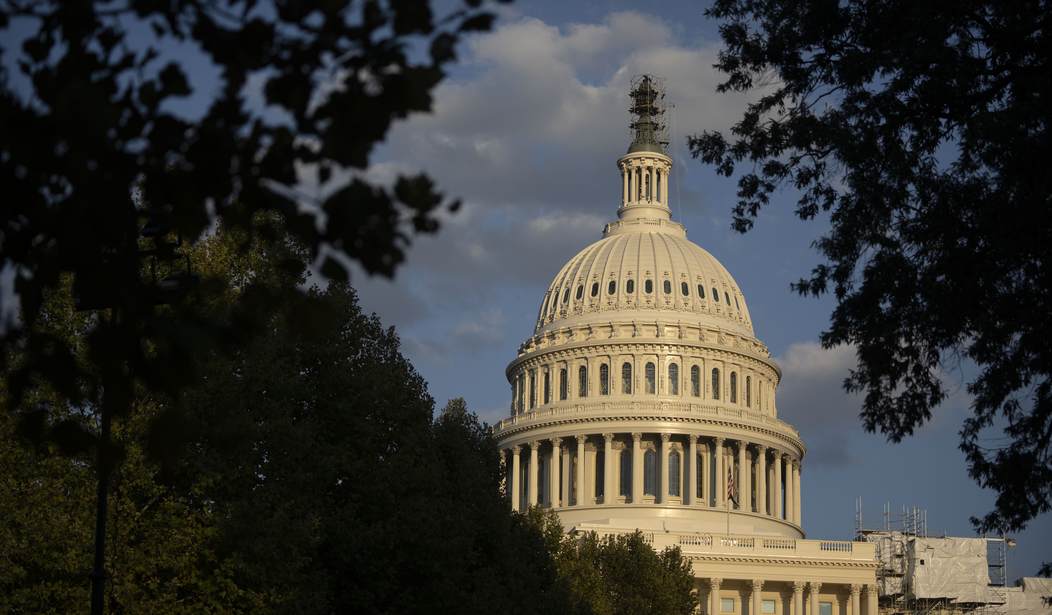The Senate passed the $895 billion National Defense Authorization Act (NDAA) on Wednesday with an 85-14 vote. The bill is now headed to President Joe Biden’s desk for his signature.
The 1,800-page legislation will fund the Defense Department for fiscal year 2025. It includes provisions such as a 14.5 percent pay raise for junior enlisted troops and investments in defense technologies.
This year’s NDAA was not without controversy, however. The measure included a provision that would ban the use of taxpayer funds from going toward “gender-affirming care” for the children of service members. Democratic lawmakers criticized the provision, claiming it will deprive trans-identified children of healthcare.
Sen. Ed Markey (D-MA) said the provision is “the product of a nationwide campaign against trans rights” and said it would mark “the first anti-LGBTQ law passed by Congress in decades,” according to CBS News.
Sen. Jack Reed (D-RI) said he “strongly disagrees” with the provision banning funding for “gender-affirming care,” referring to it as a “misguided provision.”
Sen. Jack Reed, a Rhode Island Democrat who chairs the Armed Services Committee, called the legislation a “strong, forward looking bill that we can all be proud of.” But he said he “strongly” disagrees with the inclusion of the gender-affirming care provision, calling it a “misguided provision.”
“I share many of my colleagues’ frustrations that the bill includes a provision that would prohibit gender-affirming health care for minors under certain circumstances,” Reed noted, adding that he voted against the provision in committee. “We will continue to work to ensure the health care rights of all military personnel and their dependents.”
The provision was pushed by House Speaker Mike Johnson (R-LA), who hailed the measure as victory. “This legislation permanently bans transgender treatment for minors, prohibits critical race theory in military academies, and combats antisemitism,” he said, according to NBC News.
Recommended
The Speaker said the provision was aimed at prioritizing “military lethality, not radical woke ideology.”
Sen. Tammy Baldwin (D-WI), the sole LGBTQ member of the Senate, argued that the provision would affect about 6,000 to 7,000 military families. “We’re talking about parents who are in uniform serving our country who have earned the right to make the best decisions for their families,” she argued.
The lawmaker further argued that the discussion centers on military parents “having the right to consult their family’s doctor and get the health care they want and need for their transgender children.”
Other Democrats opposed the NDAA for other reasons. Sen. Bernie Sanders (I-VT) argued that too much funding would be going to the military. He insisted that the nation does “not need to spend almost a trillion dollars on the military while half a million Americans are homeless, children go hungry, and elderly people are unable to afford to heat their homes in the winter.”
Despite the debate over taxpayer-funded “gender-affirming care,” the president is expected to sign the bill.

























Join the conversation as a VIP Member